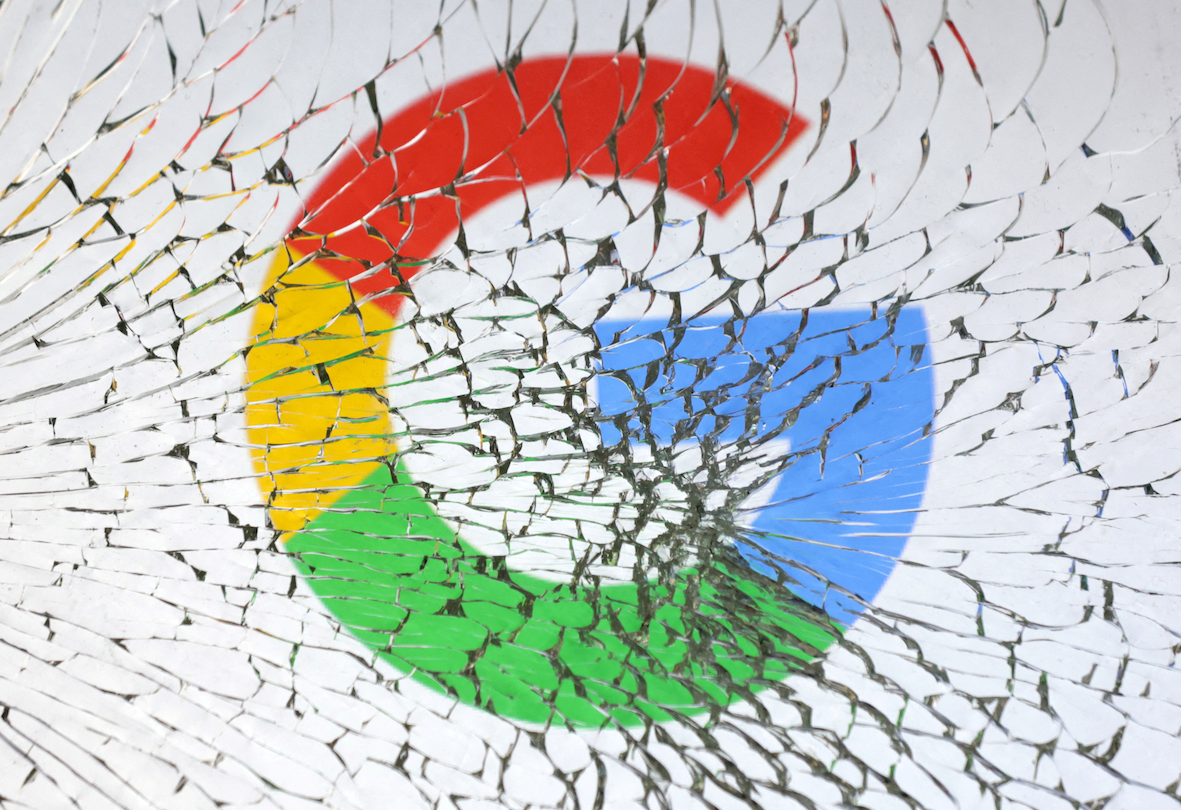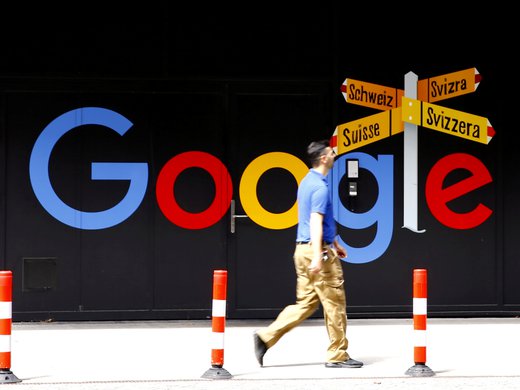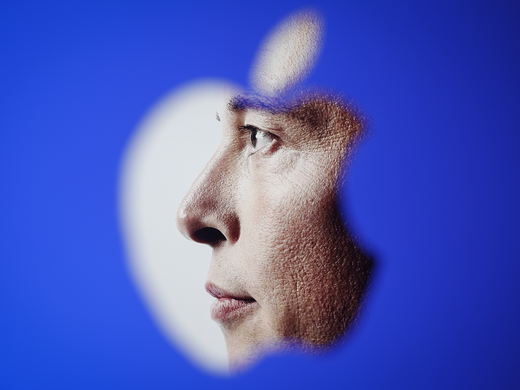In early February, it seemed that one of the most durable digital moats was finally about to be breached. Following the announcement of a US$10 billion investment in OpenAI, the developer of large language model chatbot ChatGPT, Microsoft made public its intention to rapidly roll out a version of its Bing search engine with the chatbot incorporated and usher in a new era of search on the internet.
There are few things more emblematic of the competitive challenges in digital markets than Google’s dominance in search. In many countries Google holds a search market share of more than 90 percent, and it has maintained this grip for well over a decade. Its hold persists despite what some observers suggest has been a steady degradation of the company’s core service. With the steady creep of increasingly camouflaged ads in organic search results and complaints about a reduction in quality of the search results themselves, the time seems ripe for a competitor to step in and knock the giant off balance.
Beyond its worsening service quality, Google’s search engine has also been the subject of charges of anti-competitive conduct. Concerns have focused primarily on the company’s efforts to maintain its dominance in the search space, as well as on its alleged self-preferencing — that is, its steering of users to Google’s own content, and free riding on the content of others.
Google’s efforts to maintain search dominance — in particular, its agreements with smartphone manufacturers that required its search and other apps to be included by default on their devices — have been subject to investigation by the European Commission, resulting in a fine of 4.34 billion euros (about US$4.5 billion). The company has paid handsomely to acquire this default position on some other platforms, for example, by shelling out billions annually to Apple to maintain Google as the default for search on the iPhone Operating System. (These payments are subject to an ongoing US Department of Justice investigation with a trial set to begin in September 2023.) With its dominance unchallenged, Google has increasingly worked to direct web traffic within its own walled garden. In the process, it has increased the prominence of its own services in search results while scraping and displaying content from sites such as Yelp and Wikipedia, keeping user traffic within Google properties.
In this context, there was understandable excitement at the prospect of Microsoft’s new addition to its Bing search engine breaking open this long-held stronghold of the digital economy.
For those with high expectations, what has transpired since those early February announcements has been disappointing, at least so far. Both Google’s ChatGPT rival Bard and Microsoft’s “new Bing” produced factually incorrect information in their staged demos, sending the former’s stock price down nearly eight percent within hours of its debut. In the weeks following its chatbot’s botched introduction, Microsoft capped and censored the answers produced by Bing after a New York Times reporter’s interactions with the service left him “deeply unsettled,” with Bing at one point trying to convince the reporter to leave his wife.
Setting aside the ethical implications of releasing half-baked services that direct access to information for a majority of the internet users in many countries, these initial missteps do not necessarily suggest hopes have been dashed for a more competitive search market. Microsoft and other entrants may yet adapt and introduce new offerings that truly differentiate them in a way Google can’t replicate. But the outlook for competition is mixed. Looking beyond the media furor, the latest entry in the saga of search competition raises serious questions about the nature of search demand and what it may take to actually unseat Google’s dominance.
The success Google has achieved both in throttling competition and through its dominance in search has generated a substantial competitive moat for the company.
Beyond overcoming Google’s anti-competitive efforts to reinforce its dominant position, potential competitors will need to overcome the degree of personalization Google is able to achieve through its place as the go-to search engine for much of the planet, storing and learning from past user searches. As the increasing prominence of ads in search results shows, the success Google has achieved both in throttling competition and through its dominance in search has generated a substantial competitive moat for the company, allowing it to degrade service quality without incurring a substantial loss in users. This is not just an expression of Google’s market power in the space but also an indication that the proportion of ads to organic search results, at least up to a point, does not necessarily deter users from the underlying search product.
To date, whether through willingness or a lack of alternatives, users have been ready to trade away individual privacy, increasingly seen as a relevant dimension of competition in digital markets, for this personalization. In contrast to Google, competitors such as DuckDuckGo have sought to create space for themselves by building a search product that does not collect or share the personal data of their users at the cost of personalization. While DuckDuckGo represents an important source of diversification for privacy-minded users, it has to date not been able to unstick Google’s hold on the search market.
But even assuming a future disruption of Google’s search monopoly, whether by a competitor or ongoing antitrust action, important questions about the limits on gatekeeper power would still exist. Should search products increasingly rely on chatbot-style methods of delivering information, concerns about the power of these corporations to keep users within their own walled gardens will intensify.
There is a need, therefore, for a policy response beyond just “more competition,” even in a truly competitive search environment. Legislative efforts around the world to address exercises of gatekeeper power and protect fair competition — such as the European Commission’s Digital Markets Act, and Germany’s expanded abuse of dominance provision — are examples of just such a response. Beyond merely more competition, the goal must be to protect consumers and competition in a search environment where ever-more decision making about our access to information is shifted from users to corporations.
Canada has been slow to move on the competition file with regard to global tech giants, focusing instead on cultural and media policy priorities. This must change. Policy makers should begin shifting their focus to removing obstacles to competition in the markets in which these firms operate. While international partners are acting, it is not a given, as Tom Wheeler, a former chair of the US Federal Communications Commission, has pointed out, that US or Canadian users can sit back and benefit from changes abroad.
Innovation and competition can help dismantle one of the most durable monopolies in digital markets. But even in such a scenario, competition alone won’t solve the problem of gatekeeper power. By setting rules that address gatekeeper power, policy makers can create a future that is not only more competitive but also fairer.



